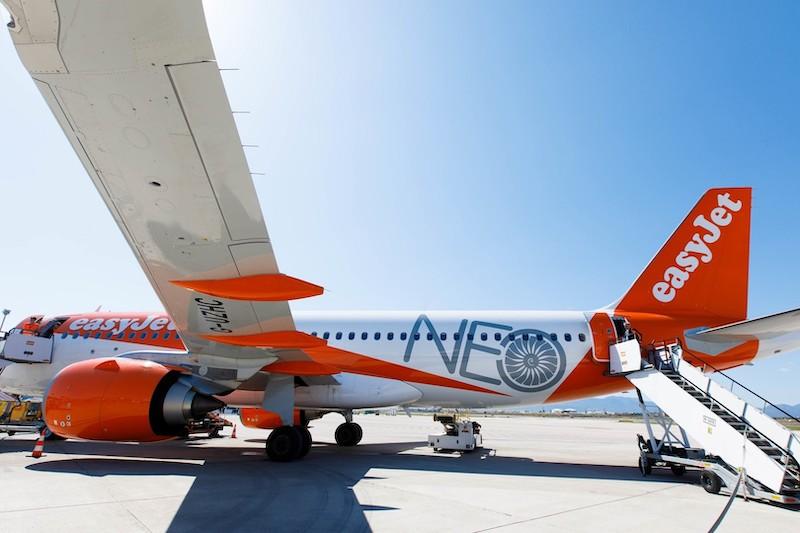
Credit: EasyJet
EasyJet plans to increase capacity on routes to North Africa by 35% during winter 2024-25 as part of efforts to narrow financial losses during the low season. The UK-based carrier reported a pre-tax loss of £347 million ($440 million) for the six months ending March 31, an improvement from a loss of...
Subscription Required
EasyJet To Boost North Africa Capacity, Sees Strong Summer Demand is published in Aviation Daily, an Aviation Week Intelligence Network (AWIN) Market Briefing and is included with your AWIN membership.
Already a member of AWIN or subscribe to Aviation Daily through your company? Login with your existing email and password
Not a member? Learn how to access the market intelligence and data you need to stay abreast of what's happening in the air transport community.





